Why can't I grown anyting with organic potting/ garden sols?
Related Discussions
GNATS - How to get rid of them?
Somehow my house and garden got tiny gnats that killed my fuchsia plant and fly everywhere. I have tried ALL the Web recommendations - soap and oil dishes, sand in th... See more
Marigolds growing! Should I pinch the buds?
My marigold plants are growing. I heard that pinching the buds until Autumn will allow them to grow without killing the plant. Is this true?
Growing garlic
Growing our first garlic, should we wait until the leaves are drying out before we pick it? Husband picked first one today along with our first potatoes.
How to keep mice out of your garden?
Hi everyone, I have mice in my garden destroying my vegetables and I have also noticed them in the barn and shed. Please can someone tell me how to prevent them from ... See more
What's the best flower/plant to grow in Texas?
I know that opinions vary, but what's your opinion?!I have great luck w Rosemary plants. Green all year long.
Squash Plants Large and Healthy and no Squash Growing?
2nd Season in a ROW! Squash plants growing large and healthy leaves and the stems near the roots are looking healthy and turning dark green, getting flowers that grow... See more
Trail of dead grass mystery?
Trail of dead grass appeared two weeks ago that starts in neighbor's yard and goes to the sidewalk, then continues past the sidewalk in a line into the grass into my ... See more
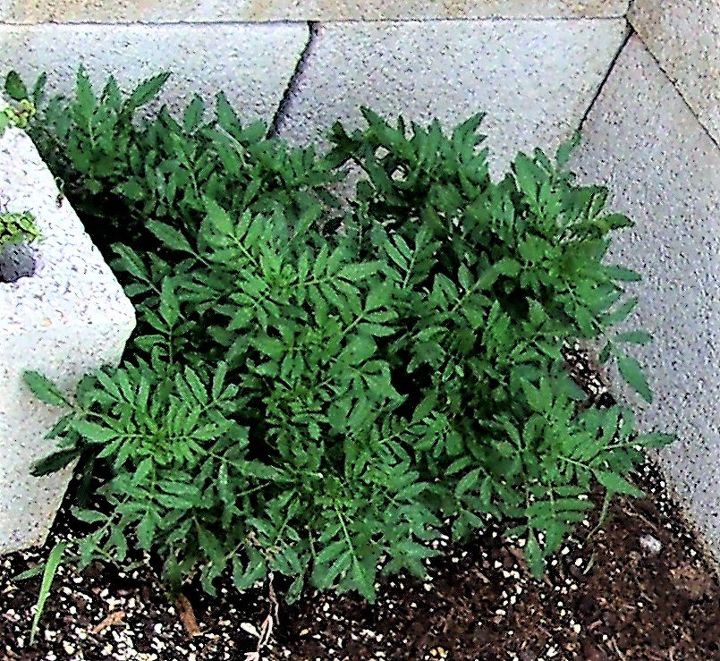
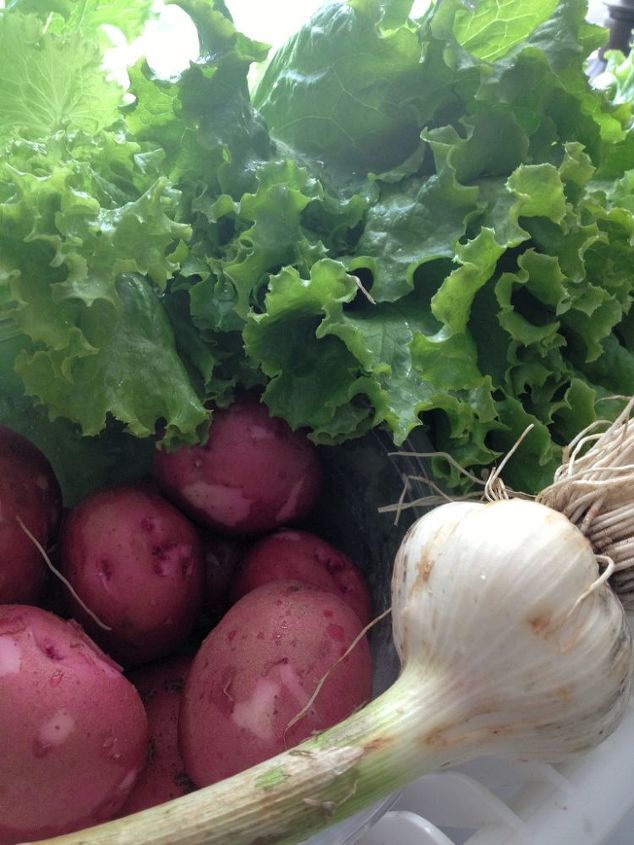
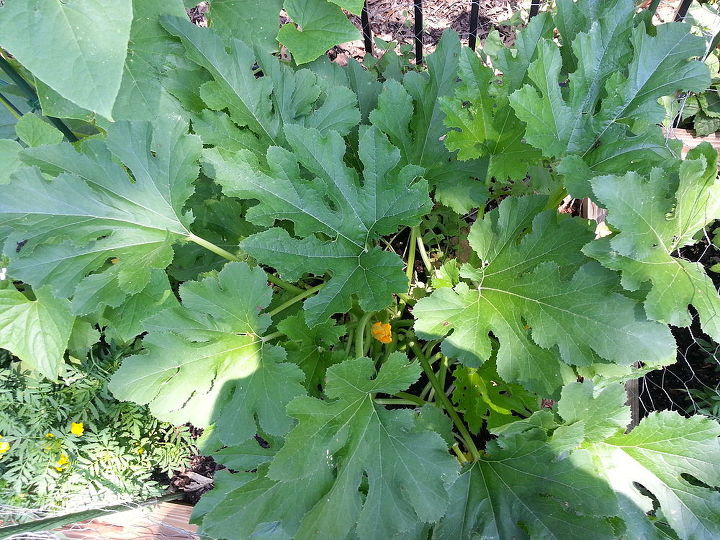
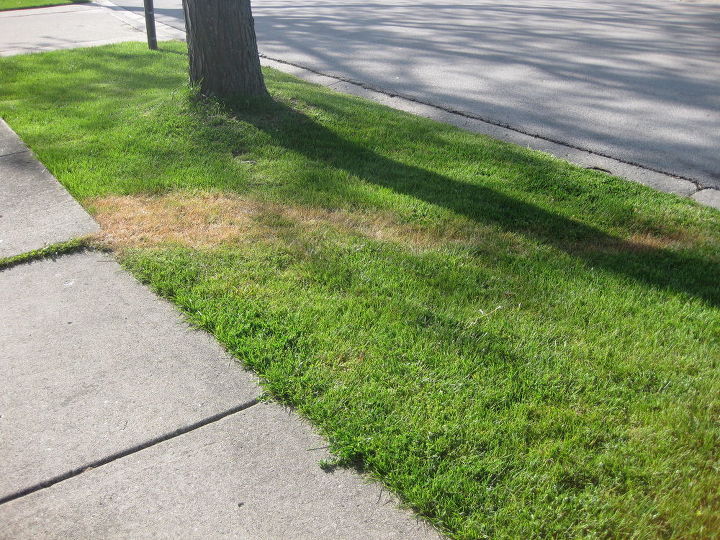
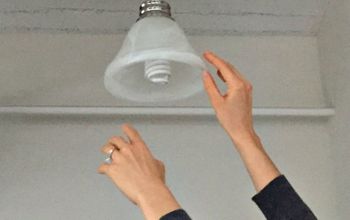
Don't give up...Can you explain exactly the procedure that was don.where the plants were planted,in what light and when you planted them?
y veggies that need the sun and I watered before the soil completely dried. I was cautious with not overwatering.completellllydried. I was cautious with not overwatering. the soil is a good name brand. I don't know I just don't want to waste any more.
great advice cheers
Pull up a plant and check the root ball. Are the roots healthy looking or fuzzy. If they are fuzzy you have root aphids. Not a lot of natural remedies for root aphids. I use neem oil. A lot of the store bought soils have root aphids. If your roots look good then try adding magnesium with crushed egg shells.
Commercial potting soil is only good in fertility for about two months, at the most, depending on how much water you have used or the amount of rain it has gotten naturally. The fertilizer in potting soil is added after the ingredients are mixed together according to a formula devised by the seller. All plants require different degrees of soil fertility and degrees of soil ph (acidic or alkali). A third consideration is how deep plants are conditioned to try to send down their root in order to feed. In any event, you must be prepared to feed you plants on a regular schedule throughout their growing season in order for them to thrive. Just like you have to water them when ever the artificial soil begins to get dry. Some plants need more water than other. Some plants need and use more water soluble plant food than others. You've got to know your plants in order to know when to feed, and what to feed them. Corn, for instance, requires a lot of nitrogen. Tomatoes, on the other hand needs a balanced plant food that also provides additional phosphorous that promotes blossoms and production of fruits. Plants that are grown primarily for their blossoms may benefit from extra applications of super phosphate. Tomatoes mush have craves extra helpings of calcium (prevents blossom rot) which you must provide as a soil amendment. Root crops -- caladiums, tulips, potatoes, radishes, etc., require fertilizer heavy in potash. Flowering plants, such as Azaleas, gardenias, hydrangeas, for instance, requires acidic soil, so you must provide elements such as Epson salts, powdered Sulphur, aluminum sulfate. Large plants with large root systems will require the largest size of pot you can afford. You cannot expect to grow a full sized tomato plant in a one gallon pot; its root system alone will require a pot of at least five gallon size. And be fed and watered as needed to keep it growing healthy, fed and watered. They require a lot of water in order to set, grow and develop mature tomatoes. Pot culture is an exacting art and a demanding science. You can't go on vacation and expect your plants to take care of them selves. And, they can't go to the grocery store and get food they need to stay healthy. You have to provide it. For general purpose feeding, I recommend Peter's Plant Food brand. It comes packaged in three different formulas: 1.) General all purpose plants, mostly ornamental; 2.) Acid loving plants; 3.) Flowering and fruiting plants. You can use it by feeding through the foliage, or by application through the soil. In the middle of summer, a person might want to consider feeding their fast growing plants as directed once every week; later in the summer, you can space that out to every two weeks. For house plants, you might do well to reschedule them to only once a month at half strength. Keep in mind that too much water in soggy soil will drown your plants and kill many of them.
Thank you so much for this info. I'm getting some compost from a friend who doesn't know what to do w/so much of it. I didn't know she was gifting it out.
You can use natural organic compost. Give them as much water as you can, and do not hesitate to use big pots. But it's a lot better in plain ground...
thank you all for being so helpful with my getting on to my 1017 gardening.
thnak you very much for sharing your ides.